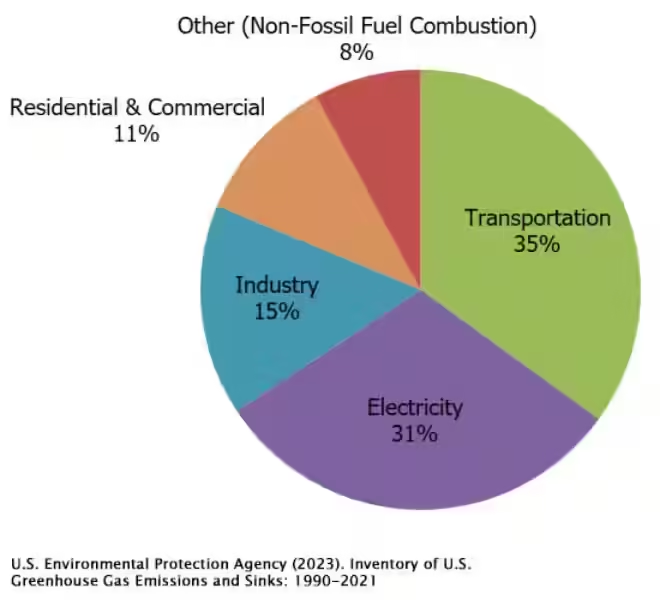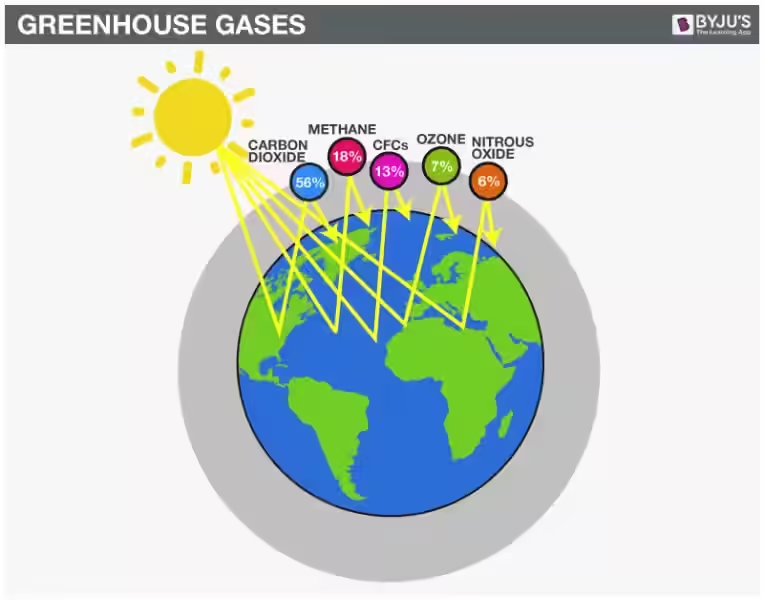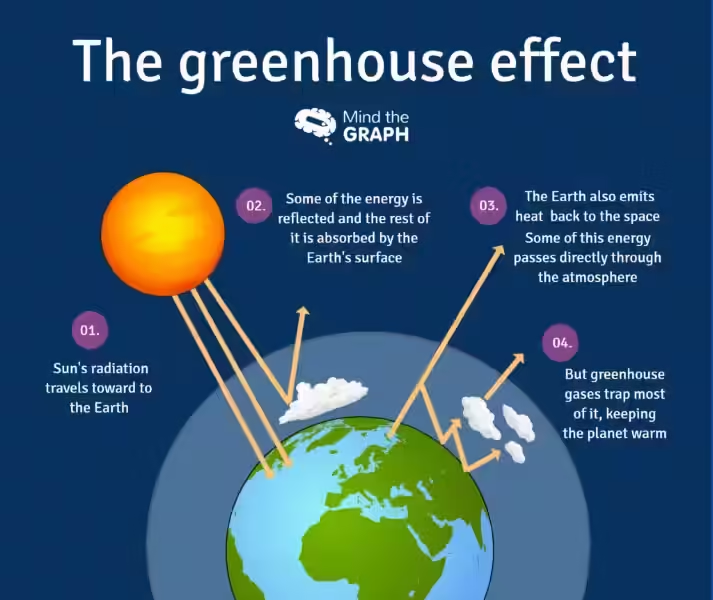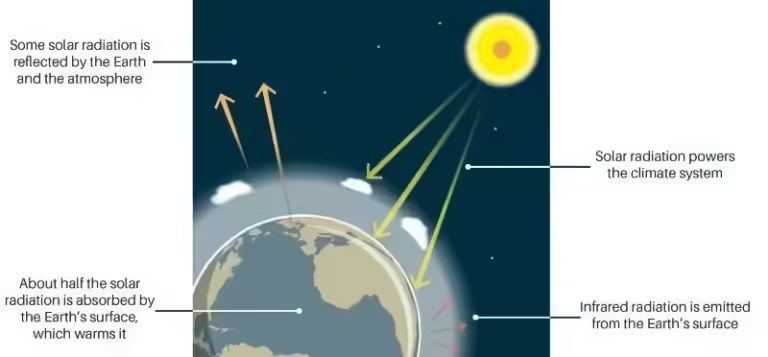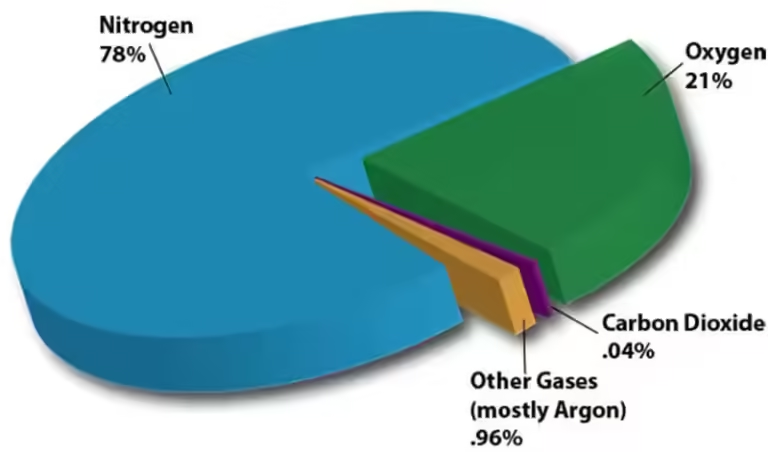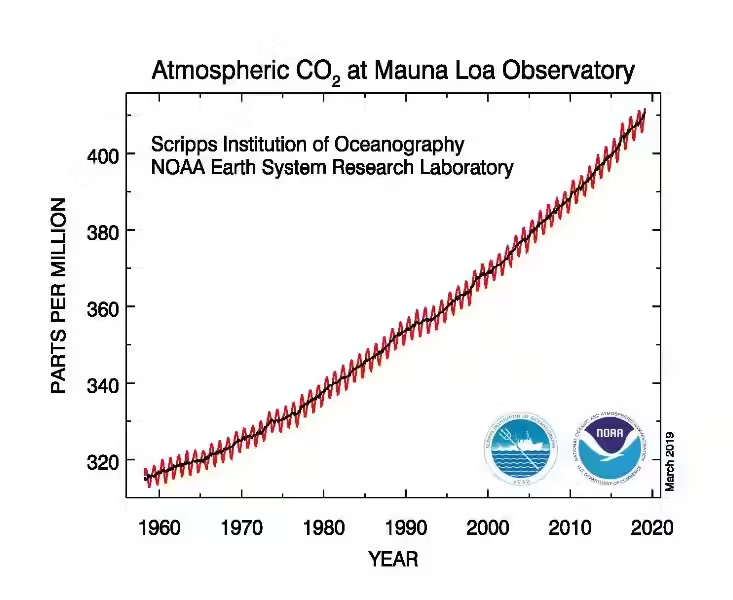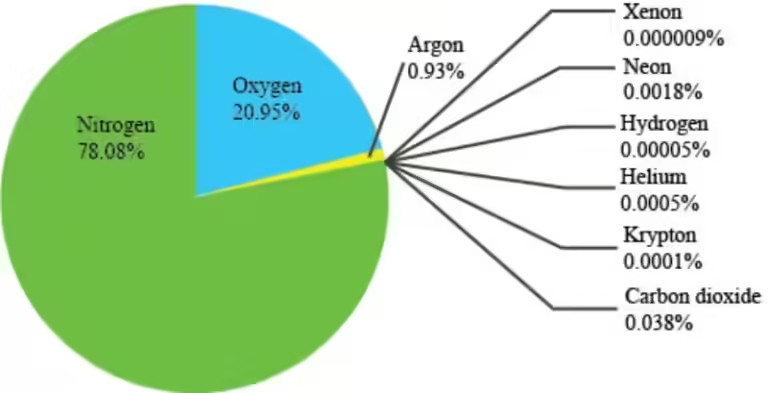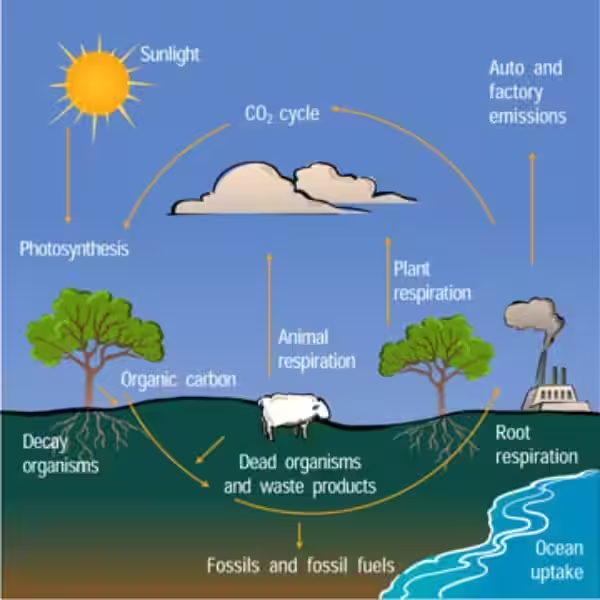Unveiling the Mystery: Why Nitrogen is Not a Greenhouse Gas

The Earth's climate is a delicate balance, constantly influenced by natural forces and human activities. One of the key players in this intricate system is the greenhouse effect, a natural process that keeps our planet warm enough to support life. But what are the gases that contribute to this effect, and why is one of them, nitrogen, not considered a greenhouse gas?
Understanding the Greenhouse Effect
Imagine a greenhouse, where sunlight enters through its glass walls and heats the interior. The glass traps some of this heat, preventing it from escaping back into the atmosphere. Similarly, certain gases in the Earth's atmosphere act like the glass of a greenhouse, trapping heat and warming the planet. These gases are called greenhouse gases.
Greenhouse gases are like tiny heat sponges, constantly absorbing and emitting energy in the thermal infrared range. This absorption and emission process contribute to the warming of the Earth's surface. The primary greenhouse gases in our atmosphere are: carbon dioxide, methane, ozone, and water vapor. These gases play a vital role in regulating Earth's temperature, making it habitable.
The Case of Nitrogen: An Unassuming Gas
While greenhouse gases are essential for life on Earth, nitrogen stands out as a unique case. It is the most abundant gas in our atmosphere, making up about 78% of the air we breathe. However, nitrogen is primarily inert, meaning it doesn't readily absorb or emit infrared radiation. This inert nature makes it a non-participant in the greenhouse effect.
Unlike the other greenhouse gases, nitrogen's primary role in the atmosphere is not related to heat trapping. It is a crucial component of various biological processes, including the formation of proteins and nucleic acids, which are essential for life. Nitrogen cycles through the environment through a complex process called nitrogen fixation, converting atmospheric nitrogen into forms usable by plants.
The Enhanced Greenhouse Effect and its Consequences
While the natural greenhouse effect is essential for life, human activities have significantly increased the levels of certain greenhouse gases, particularly carbon dioxide. This phenomenon, known as the enhanced greenhouse effect, is causing a rapid rise in global temperatures, leading to global warming and climate change.
The consequences of climate change are far-reaching, including rising sea levels, more frequent and intense extreme weather events, and disruptions to ecosystems. To mitigate these impacts, it is crucial to reduce greenhouse gas emissions through sustainable practices, renewable energy sources, and energy efficiency initiatives. Understanding the differences between greenhouse gases and non-greenhouse gases like nitrogen is vital for developing effective climate change mitigation strategies.
Nitrogen’s Role in the Bigger Picture
While nitrogen itself does not contribute to the greenhouse effect, its role in the nitrogen cycle is significant. Excess nitrogen, often released from agricultural activities, can lead to nitrogen pollution, harming ecosystems and contributing to water pollution. This highlights the importance of understanding the interconnectedness of different atmospheric components and their impact on the environment.
Looking Towards a Sustainable Future
Climate change is a pressing global challenge that requires collective action. By understanding the roles of different gases in our atmosphere, including both greenhouse gases and non-greenhouse gases like nitrogen, we can develop sustainable solutions to address this critical issue. While nitrogen may not be a greenhouse gas, its impact on the environment and our planet's health cannot be overlooked. By recognizing the interconnectedness of our world, we can work towards a sustainable future for generations to come.
Frequently Asked Questions
Which of the following is not considered a greenhouse gas?
Nitrogen.

